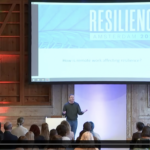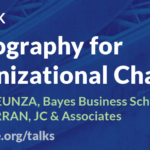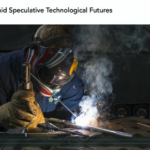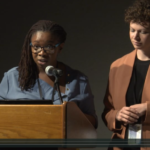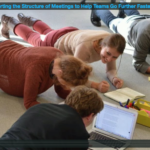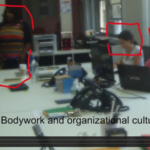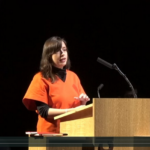
MARTA CUCIUREAN-ZAPAN
IDEO and DePaul University
VICTORIA HAMMEL
IDEO
DOWNLOAD PDF
Three service design projects, in hospitality, finance, and health care, highlight how to design for agency in the workplace, including the implementation of automated and data-driven tools. Inspired by Tacchi, Slater, and Hearn's work on ethnographic action research, Amartya Sen's capabilities approach, and Gibson's affordances theory, this paper examines work as an ecosystem, in which workers’ motivations, values, and ability to achieve what is important to them should be a continual input into how structures and tools are designed. In order to design for agency, teams must shape access to information in order to support workers’ autonomy. Second, project outcomes should reflect the emotions and values which create a sense of progress and purpose. Third, tools, technologies, culture, and incentives within the work ecosystem should be aligned with workers’ goals. Finally, workers must feel safe and protected from censure when...
